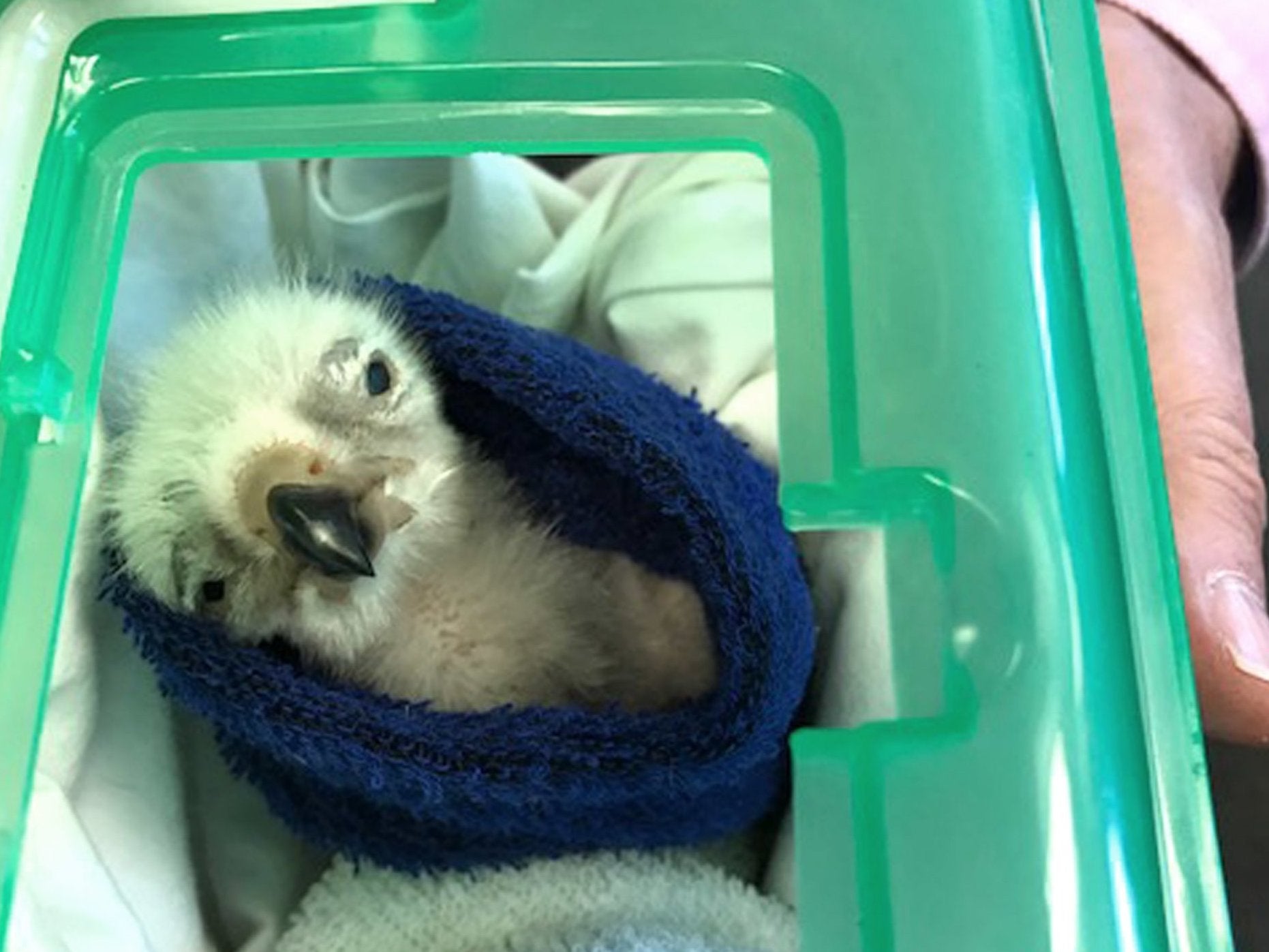Live vultures and endangered bird eggs found in man's bag at Heathrow
Two chicks had hatched during flight from South Africa, say officers who arrested suspect

Your support helps us to tell the story
From reproductive rights to climate change to Big Tech, The Independent is on the ground when the story is developing. Whether it's investigating the financials of Elon Musk's pro-Trump PAC or producing our latest documentary, 'The A Word', which shines a light on the American women fighting for reproductive rights, we know how important it is to parse out the facts from the messaging.
At such a critical moment in US history, we need reporters on the ground. Your donation allows us to keep sending journalists to speak to both sides of the story.
The Independent is trusted by Americans across the entire political spectrum. And unlike many other quality news outlets, we choose not to lock Americans out of our reporting and analysis with paywalls. We believe quality journalism should be available to everyone, paid for by those who can afford it.
Your support makes all the difference.National Crime Agency bosses are investigating after two vulture chicks and 17 eggs of other rare and endangered bird species were seized at Heathrow from a man trying to smuggle them in from South Africa.
The 56-year-old Irishman was arrested after 19 eggs – two of which had hatched during the journey – were found hidden in his body belt.
The eggs were from South African birds of prey, including vultures, eagles, hawks and kites.
Border Force specialist officers recognised them as from a species protected under the Convention on International Trade in Endangered Species (Cites).
Staff at Heathrow’s Animal Reception Centre cared for the chicks and ensured the unhatched eggs were incubated, before moving them to a specialist facility, according to the National Wildlife Crime Unit.
The man was arrested on suspicion of importation of a banned item, and bailed pending further inquiries.
Grant Miller, head of the national Border Force Cites team at Heathrow, said: “My officers are experts in their field and will seize anything that contravenes Cites regulations. In this case, by preventing the smuggling attempt they have also ensured that the birds and eggs received the immediate care and attention that they needed.”
Cites, which is an international agreement covering more than 35,000 species of animals and plants, controls the importation of endangered species.
The global black market for exotic wildlife to be kept as pets is a multibillion pound business that has badly hit population numbers.
It is one of the largest sources of criminal earnings, behind only arms smuggling and drug trafficking. National Geographic says: “Wildlife trafficking may very well be the world's most profitable form of illegal trade, bar none.”
Animal welfare charities warn that being smuggled often leads to pain and a slow death for the creatures.
Join our commenting forum
Join thought-provoking conversations, follow other Independent readers and see their replies
Comments